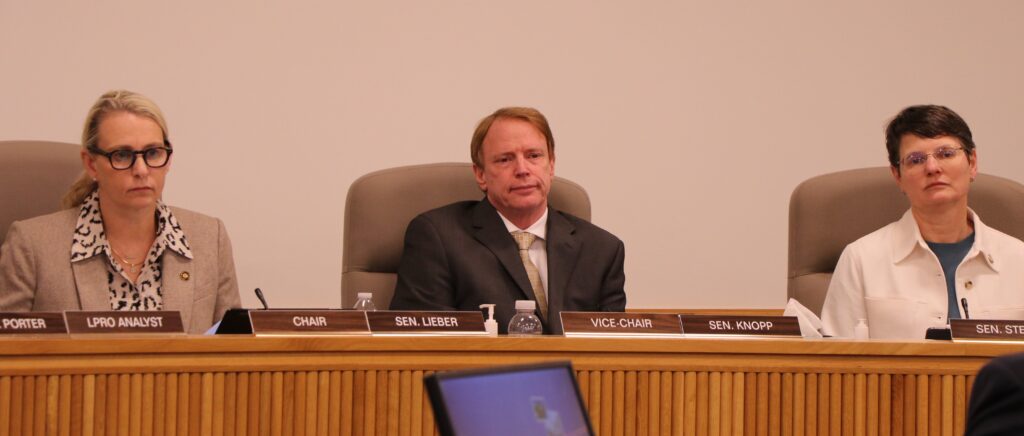
Time is running out for school board members to report their financial dealings. Legislative relief before the April 15 deadline appears highly unlikely.
School board members who are on a board as of April 15 must report last year’s finances or face daily fines up to a maximum of $5,000. School board members around Oregon say they would rather quit than reveal information they consider private.
A 2022 bill added school board members to the more than 6,000 state and local positions, including school district superintendents and business officials, that require an annual “statement of economic interest” report. The filings detail household property interests and income sources but do not require amounts.
OSBA has been working with legislators to alter the law, but another delay Tuesday made it practically impossible for legislation to pass before the filing deadline.
Rep. Mark Owens, R-Crane, has led the charge to change the law. Owens, a Crane Union High school board member, represents more than 30 school districts in southeast Oregon, mostly small and rural.
Owens offered a bill that would exempt all but the largest districts’ school boards. When that bill faltered, he teamed up with Democratic Sen. Michael Dembrow, the Senate Education Committee chair, to present a Senate bill that had a better chance to offer timely relief.
Senate Bill 292, though, ran into intense negotiations that cut across political lines. The bill’s proponents say the filing requirement is an unneeded hurdle for civic-minded volunteers that will make it difficult to fill school boards. Opponents say the reports are needed for financial transparency and accountability.
An amended SB 292 moved to the Senate Rules Committee. As it reads now, school board members for districts with less than 1,650 students and without a virtual charter school would not have to file the forms. The bill would be retroactive to April 15 and require fines to be refunded.
The Senate Rules Committee was scheduled to vote on the bill Tuesday. At the last minute, the bill was carried over to Thursday, April 6, because some paperwork wasn’t ready.
The committee is expected to consider an amendment posted Monday that would change the bill considerably. The -7 amendment would delay the reporting law’s implementation until 2026 for school districts with fewer than 4,000 students, temporarily exempting all but 39 boards. After that, all school boards would have to do it.
School board members resent the sudden added paperwork this year. The amendment would give new and current board members time to decide if they want to serve with the new requirement.
Owens said the -7 amendment offers a welcome reprieve, but he is still concerned some districts will lose board members and not be able to recruit new ones.
“Some of our small school districts will have a hard time getting a quorum,” he said.
Malheur Education Service District Superintendent Mark Redmond said he expects seven of the ESD’s 11 districts to lose quorum over the issue.
“We’re entering uncharted territory,” Redmond said.
If those school boards lose their quorums, it’s not clear what happens next with district governance, OSBA Legislative Services Director Lori Sattenspiel told legislators during public hearings. The education service district or county can appoint new members, but Redmond is not sure he can find people willing to serve with the SEI requirement. The Malheur ESD in southeast Oregon serves some of the state’s smallest districts, which already struggle to fill their boards.
Sattenspiel warned school board members not to delay their filing while hoping for a timely legislative fix. SB 292 has significant hurdles to clear before becoming law, and even popular bills with bipartisan support can get lost in end-of-session political maneuvering.
The Oregon Government Ethics Commission, which handles the SEIs, will not start levying fines until May 6, according to agency policy. As of Tuesday, 446 school board members had completed their filings of the 1,126 required to report this year, according to the commission. The commission offers resources and webinars to help.
Colton School Board member Sid Gunter Jr. is among board members saying they will quit if the law isn’t changed. Gunter has served two terms for Colton, a rural district southeast of Portland. He ran unopposed both times. He has filed to run again this year but is waiting to see what happens with the SEI law to decide if he will serve again.
“It’s just one more thing you have to be scrutinized on for what I consider not a lot of reason,” he said.
– Jake Arnold, OSBA
[email protected]